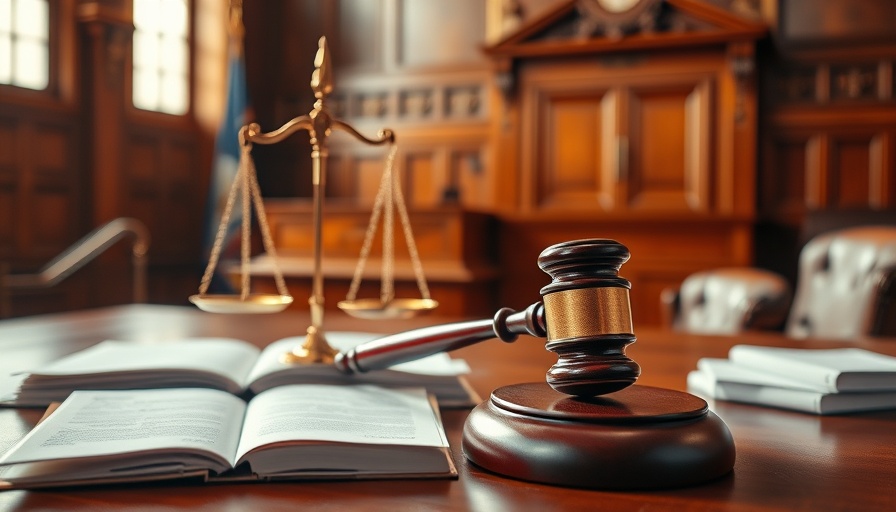
California’s Defamation Lawsuit: What’s at Stake?
California Governor Gavin Newsom has taken the bold step of suing Fox News, claiming defamation due to false accusations made against him on their platform. This lawsuit raises pivotal questions about the balance between freedom of speech and accountability in media reporting.
Understanding Defamation in the Media Landscape
Defamation, as defined by law, consists of false statements that damage a person’s reputation. In this case, Newsom alleges that Fox News misrepresented his statements and actions in a way that could harm his standing as a public figure. This legal action is significant, not just for Newsom, but for the broader media landscape, signaling a potential shift in how public figures may respond to misinformation.
The Social Impact of Misinformation
This lawsuit highlights the critical role media outlets play in shaping public perception. For news consumers, the distinction between fact and opinion can often blur, leading to confusion and mistrust. Governor Newsom’s case serves as a stark reminder of the responsibility of news organizations to ensure their reporting is accurate and fair.
Fox News' Response and the Broader Implications
In response to the allegations, representatives from Fox News have dismissed the lawsuit, arguing that their commentary falls under the protection of free speech. This clash highlights the ongoing tension between the right to express opinions and the responsibility to convey facts accurately. Furthermore, the outcome of this case may influence how similar lawsuits are approached in the future, particularly as more public figures challenge perceived injustices.
Future Predictions: The Changing Face of Media Accountability
With increasing scrutiny of news organizations, we may see a rise in legal actions similar to Newsom’s. As misinformation incidents grow more prevalent, public figures may become emboldened to stand up against media entities that they feel have wronged them. This shift could lead to heightened awareness around media accountability and ultimately result in more rigorous standards in journalism.
Case Studies of Similar Lawsuits
Throughout history, several high-profile defamation cases have reshaped media reporting practices. For instance, the case of Hulk Hogan vs. Gawker Media demonstrated how a public figure can successfully challenge a media outlet over privacy violations and defamation. Similarly, the outcome of Newsom’s lawsuit could inspire others to examine their rights against potential misinformation.
The Role of Public Opinion in Legal Battles
Public opinion can dramatically influence lawsuits involving public figures and media organizations. As people engage with this story, their perceptions will be shaped not merely by the facts but also by the narratives spun around them. Therefore, watching how this case progresses offers insight not only into legal aspects but also into how society views accountability in journalism.
What This Means for Citizens
For the general public, Newsom’s lawsuit serves as a reminder of the importance of critical thinking when consuming news. It fosters a dialogue about media integrity, urging consumers to question sources and seek out well-rounded information. As we navigate an era defined by rapid information exchange and evolving media landscapes, understanding our rights in relation to media dissemination becomes crucial.
Through this lawsuit, Governor Newsom is not just asserting his rights against a perceived attack; he is also advocating for a media ecosystem that prioritizes truth and accountability. How this unfolds could set significant precedents for future interactions between public figures and the media.
 Add Row
Add Row  Add
Add 



Write A Comment